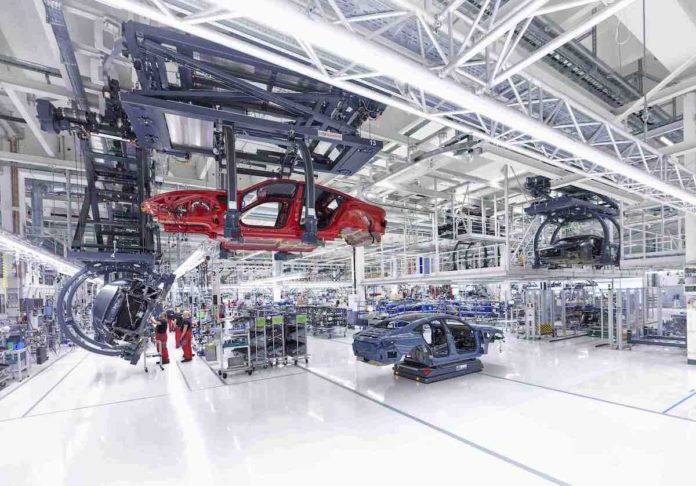The German government has spent a total of €9.5 billion ($A15.6 billion) to subsidise the purchase of two million electric cars, reports business daily Handelsblatt.
The Federal Office for Economic Affairs and Export Control (BAFA), which is in charge of the support payments, told the newspaper that total approvals for the purchase premiums had reached two million in September.
The subsidies were used to purchase 1.23 million battery-powered electric vehicles, and 770,000 plug-in hybrids. Only 400 fuel cell cars were subsidised through the scheme.
So far this year, BAFA has received more than 300,000 applications for subsidies. The government aims to have 15 million electric vehicles on the road by 2030, but many experts doubt that this target will be met.
Germany has been promoting the purchase of low-emission cars since 2016. Starting from this year, only battery-powered or fuel cell vehicles are eligible for subsidies.
In previous years, the subsidy also covered hybrid vehicles, which combine a combustion engine with an electric motor that can be charged externally (“plug-in hybrids”).
Currently, the subsidy amounts to 4,500 euros for cars costing up to 40,000 euros, and 3,000 euros for those costing 40,000 to 65,000 euros. From 1st January 2024, the subsidy for cars costing up to 45,000 euros will be cut to 3,000 euros. Since 1 September 2023, only private individuals are eligible to apply.
First published at Clean Energy Wire. Reproduced with permission.

